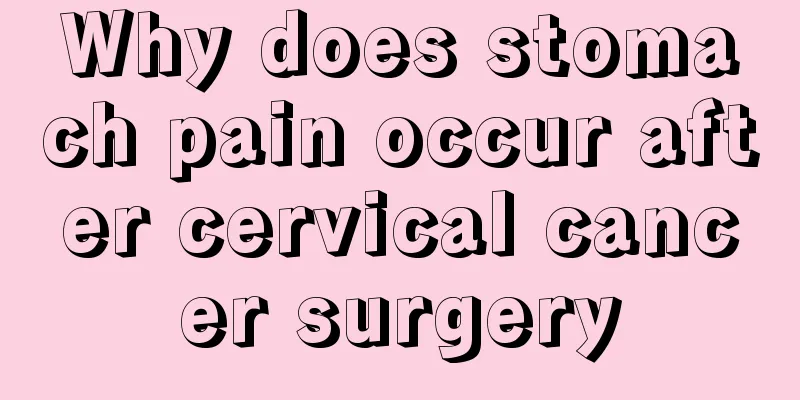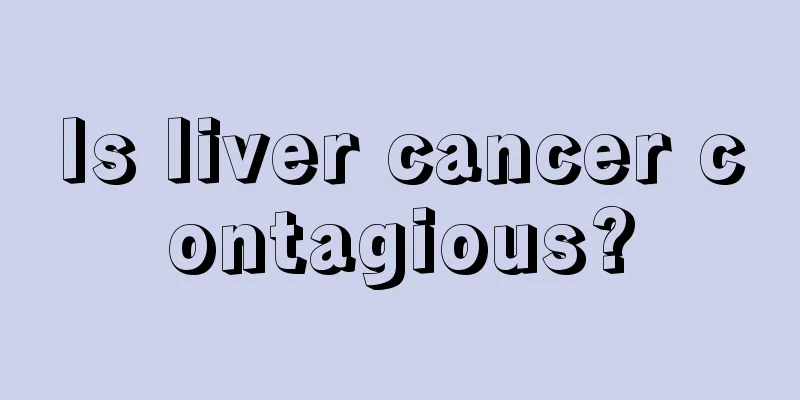What are the complications of tongue cancer?

|
The reason why tongue cancer is so scary is because of its complications. Sometimes a simple oral ulcer can cause tongue cancer, which in turn leads to many complications. Complications cannot be predicted before treating tongue cancer, and it is precisely because of its unpredictability that it adds a lot of difficulties to the treatment of tongue cancer. So, what are the complications of tongue cancer? The most common complications after tongue cancer surgery are limited tongue movement, difficulty eating and swallowing, and cervical lymph node metastasis in the early stage. There may be compression symptoms in the neck, leading to neck discomfort. The most common complication is cervical lymph node metastasis in tongue cancer, and the metastasis is early. The metastasis mainly occurs on the same side, but even if the primary lesion is limited to one side, it can also drain to both necks through the lymphatic vessels in the central part of the tongue, resulting in bilateral metastasis; if the primary lesion exceeds the midline, the metastasis rate of both necks can double. The cause of oral cancer has not yet been fully understood, but there is a relatively consistent view that the occurrence of most oral cancers is related to environmental factors. Some external factors such as heat, chronic injury, ultraviolet rays, X-rays and other radioactive substances can become carcinogenic factors. For example, tongue and buccal mucosal cancer can occur in areas that are long-term and frequently stimulated by residual roots, sharp tooth tips, poor restorations, etc. In addition, internal factors such as neuropsychiatric factors, endocrine factors, the body's immune status and genetic factors have been found to be related to the occurrence of oral cancer. There is usually a precancerous lesion stage before the onset of oral cancer, such as oral mucosal leukoplakia, traumatic ulcers, papilloma, etc. For tongue cancer, we should focus on prevention in our daily life. We should pay attention to oral hygiene, brush our teeth every morning and evening, and rinse our mouths after meals; quit bad habits such as smoking and drinking, strengthen physical exercise, improve nutrition, eat more fresh fruits rich in vitamins and with anti-cancer effects, and eat less irritating foods; if there are cavities, they should be filled early, and the residual crowns and roots that can be repaired should be dealt with in time to restore the normal anatomical morphology of the teeth as soon as possible; grind sharp non-functional cusps and marginal ridges, and make the cusps and marginal ridges of the occlusal surface of the crowns become rounded and blunt to prevent damage to the lingual marginal tissue. |
<<: What are the correct diagnostic methods for tongue cancer
>>: Can tongue cancer be cured by TCM?
Recommend
What are the symptoms of potassium deficiency in the human body?
The problem of potassium deficiency in the human ...
Effects of White Poria Honey Mask
Loving beauty is women's nature. Every woman ...
Is stage 2 nasopharyngeal cancer serious?
Nasopharyngeal carcinoma is a disease that many p...
How to quickly eliminate lip bruises
Everyone must have experienced blood stasis in da...
How to remove bruises after double eyelid surgery?
Eyes are the windows to a person's soul. Many...
The hazards of saline nasal rinser
In daily life, we often see things or instruments...
Composition of succinic ferrous sulfate tablets
Succinic ferrous sulfate tablets are a common dru...
How long does it take for red bean and coix seed to take effect?
Red beans and coix seed have a good effect on con...
Soy Allergy Symptoms
Everyone has a different physique. Sometimes when...
Check if a mole is melanoma, what tests should be done
To check whether a mole is melanoma, visual exami...
What does liver disease mean
Pathology means changes in certain parts of the h...
What are the symptoms of rheumatic fever and rheumatism
Rheumatism is a type of disease that many of our ...
Treatment methods for sequelae of craniotomy
In daily life, people may undergo craniotomy due ...
The most obvious symptoms of schistosomiasis
Schistosomiasis is a relatively serious parasitic...
What are the early symptoms of melanoma?
Melanoma is a common skin disease. It is more com...









